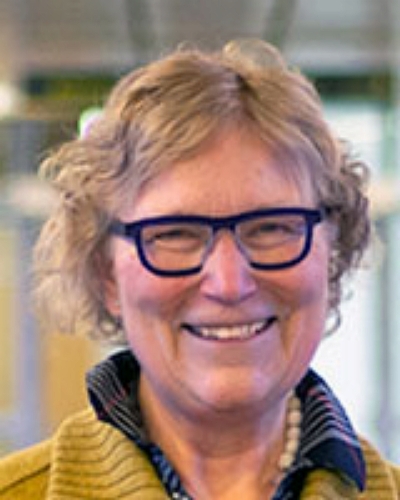Now published, see the full article 
Early Abstract:
Introduction: Rural doctors draw on clinical courage when stretching their scope of practice beyond their familiar territory in order that their patients can access essential care. The research group hypothesises that clinical courage is a routine part of rural clinical practice and have designed and validated a questionnaire to survey rural doctors about this concept. Earlier work used a nominal group method to provide face construct validity for a clinical courage questionnaire and exploratory factor analysis identified a model with two bi-factors and seven group factors. Building on this work, this paper tests the external validity and reliability of the clinical courage questionnaire and examines how clinical courage concepts are related to individual demographic and clinical practice characteristics.
Methods: A cross-sectional study using an international survey of rural doctors (n=256). Test-retest reliability was assessed by collecting repeated surveys after two to four weeks. Tests for associations between scores for clinical courage concepts and for five comparison psychometric scales were conducted using Pearson- correlations. Associations between clinical courage concept scores and demographic variables, practice characteristics, and time in rural practice were examined using analysis of variance to compare scores across groups. Associations between scores for clinical courage concepts and intent to remain in rural/remote practice were examined using Pearson correlations.
Results: Scores for clinical courage concepts, ‘Functioning within the Health Service Context’ and ‘Responsiveness to Community’, were consistent over two to four weeks. The clinical courage questionnaire measures a different concept to the five previously validated scales with which it was compared: professional fulfilment, empathy, psychological distress, self-efficacy, and personal wellbeing. Clinical courage ‘Responsiveness to Community’ scores were positively associated with age, currently living in rural, years lived in rural, and years in (rural) clinical practice. Scores for clinical courage concepts were also related to self-reported likelihood of remaining in rural practice.
Conclusion: This study confirms that clinical courage, as represented by the two underlying concepts, is a unique and reliable construct, and demonstrates the importance of further development of this questionnaire. Both concepts, ‘Functioning within the Health Service Context’ and ‘Responsiveness to Community’, are related to future intentions of rural practice.
Keywords: community medicine, courage, family practice, general practice, rural health services, rural physicians.





